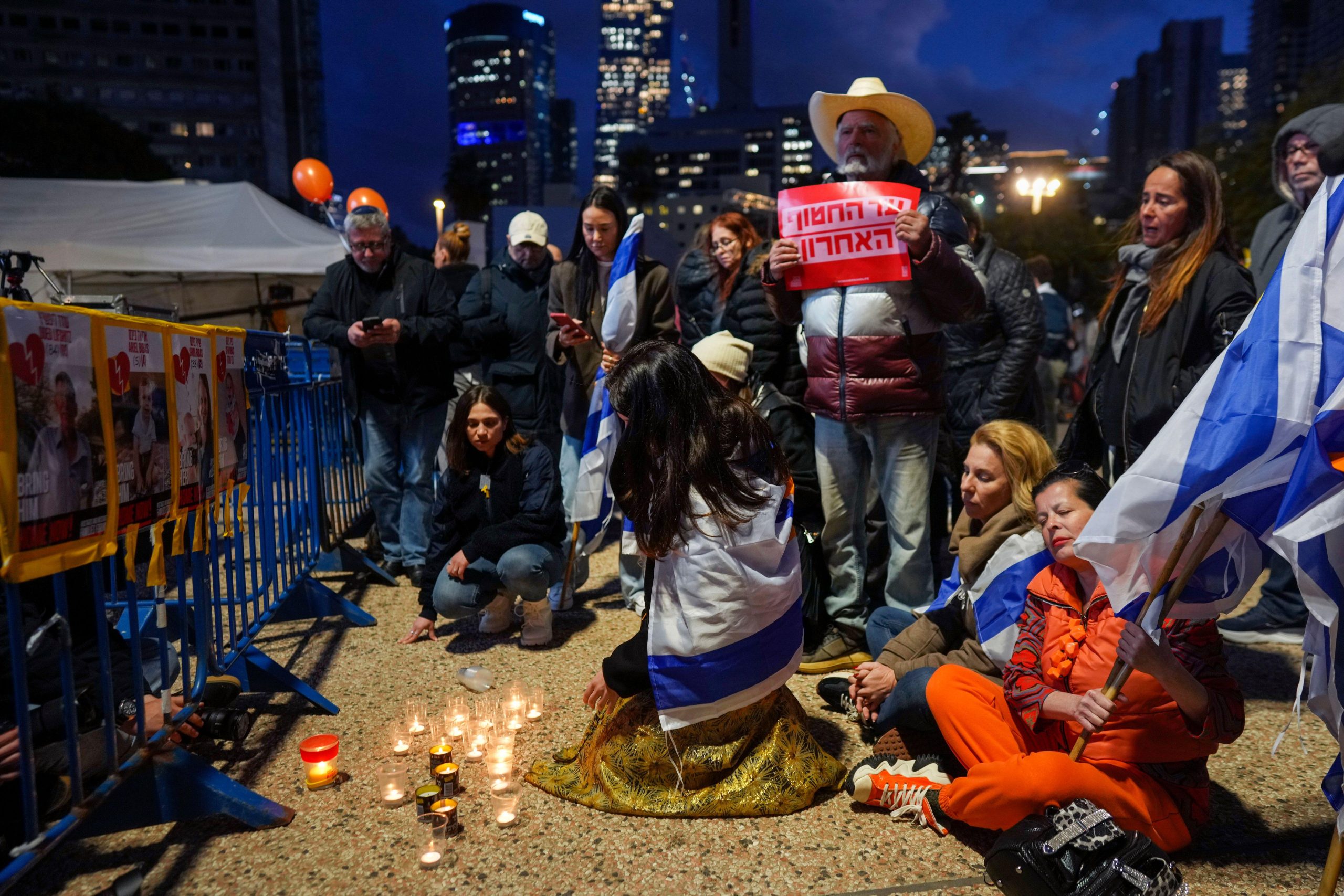
Newly released documents reveal the very real need for an Iraq inquiry, says
Chris Ames
As MPs once again debate calls for a full inquiry into the Iraq war, new evidence shows the extent to which intelligence experts raised concerns about the September 2002 Iraq dossier. Key documents, which remain unpublished, support last week’s claims from whistleblowers that the full truth about the war has still not been told.
Two weeks ago the Cabinet Office finally released a batch of memos and emails commenting on a single draft of the dossier. These came mainly from the defence intelligence staff (DIS) at the Ministry of Defence and showed the derision with which intelligence experts treated the dossier’s allegations about Saddam Hussein’s alleged weapons of mass destruction. As I wrote here, the Cabinet Office had delayed releasing the documents following a ruling in September from the Information Commissioner, Richard Thomas.
When the Cabinet Office appealed to the Information Tribunal, it sent me — apparently by mistake — a secret list of which documents the commissioner ordered to be fully or partially disclosed or withheld altogether on ‘national security’ grounds.
Put together with what we already know, the suppressed documents are potentially as revealing as those that were released. They include a further seven emails sent to or from the DIS analysts on one day. In total, the published and unpublished documents suggest over 20 emails were sent over the course of four working days, some of which raised multiple issues about the draft dossier. Neither the Hutton nor Butler inquiries gave any indication of this level of debate.
Dr Brian Jones, formerly a manager in the DIS, told the Hutton and Butler inquiries about his analysts’ very serious concerns over the dossier’s ‘over-egged’ claims. He says: ‘The missing documents might reveal something more specific about the nature of the pressure that was being put on the analysts to come up with the “right” answer.’
Jones was one of the whistleblowers who gave evidence to the public administration select committee last week. Unlike Katherine Gun and Derek Pasquill, who sat beside him, Jones did not leak information to the media. When the dossier was published, he was surprised that neither the media nor MPs noticed the differences between its claims and the even more exaggerated assertions made by Blair. ‘I thought the intelligence services were going to be crucified,’ he told the committee.
Also appearing, by videolink from New York, was former diplomat Carne Ross, who said that a large number of very revealing documents remain buried in Whitehall. Ross also told the committee: ‘There should be a full public inquiry or parliamentary inquiry into the decision-making that took place. Hutton and Butler are by no means sufficient to that purpose and it is disgraceful the government pretends they are.’
Ross was at one time first secretary at the UK mission to the United Nations in New York, and saw the early stages of what became the dossier before leaving in 2002. One of the documents released this month contains comments on the dossier sent from the mission to the Foreign Office in September 2002. Part of this document has been removed from the published version, but the Information Commissioner’s decision made clear that it related to comments on the dossier from a member of an ‘international organisation’. The government has never disclosed that it consulted the UN or any related agency over the dossier.
The influence of the Bush administration is much clearer. The list of unpublished documents provides more evidence of the extent to which the dossier’s drafters sought to match its claims with those in a forthcoming CIA ‘dossier’. One of the emails described on the list attached a copy of a Bush speech, ‘to compare with UK dossier claims’. In total, at least seven documents make or invite comparison with existing or forthcoming US claims, with no evident concern for the accuracy of those claims.
Leaked documents have revealed that Sir Richard Dearlove, then head of MI6, told a meeting at 10 Downing Street in July 2002 that the US was fixing ‘the facts around the policy’. In spite, or perhaps because of this, Alastair Campbell, Blair’s top spin doctor
invited Scarlett to ensure that the UK dossier would complement rather than conflict with US claims. This request was made just two days before the first of the new documents and was evidently passed on to the dossier’s drafters.
In the spirit of openness, I am publishing the list on my Iraq dossier website. As for the unpublished documents themselves, we will probably have to wait for someone to leak those. We can neither rely on Gordon Brown to set up a genuine inquiry nor on any inquiry to grasp the accumulating evidence of Tony Blair’s Iraq deception.





